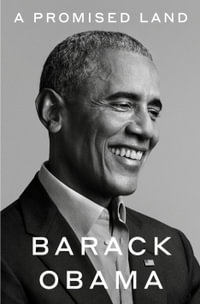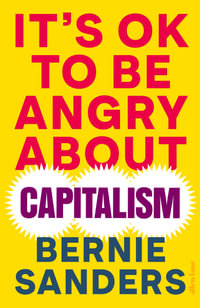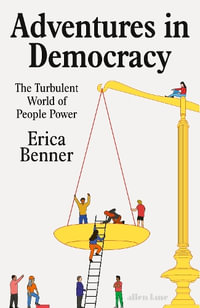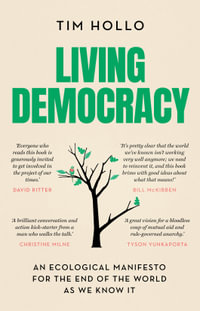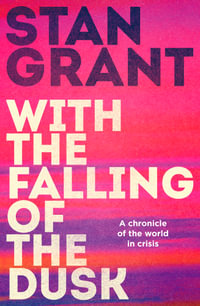A magnificent reckoning of how and why the marriage between democracy and capitalism is coming undone all over the world, and what can be done to save it
We are living in an age when economic failings have shaken faith in global capitalism. Political failings have undermined trust in liberal democracy and in the very notion of truth. The ties that ought to bind open markets to free and fair elections are being strained and rejected, even in democracy's notional heartlands. Around the world, democratic capitalism, which depends on the determined separation of power from wealth, is in crisis. Some now argue that capitalism is better without democracy; others that democracy is better without capitalism.
This book is a forceful rejoinder to both views. It analyses how the marriage between capitalism and democracy has become so fraught and yet insists that a divorce would be an almost unimaginable calamity. Martin Wolf, one of the wisest public voices on global affairs, argues that for all its recent failings - slowing growth, increasing inequality, widespread popular disillusion - democratic capitalism, though inherently fragile, remains the best system we know for human flourishing. Capitalism and democracy are complementary opposites- they need each other if either is to thrive. Wolf's superb exploration of their marriage shows us how citizenship and a shared faith in the common good are not romantic slogans but the essential foundation of our economic and political freedom.
About the Author
Martin Wolf is Chief Economics Commentator at the Financial Times. He was a member of the UK's Vickers Commission on Banking, which reported in 2011. He holds an honorary doctorate at the London School of Economics and is an honorary Fellow of Nuffield College, Oxford. He is a member of the International Media Council of the World Economic Forum. In 2000, he was awarded the CBE for services to financial journalism and in 2019 won the Lifetime Achievement Award at the Gerald Loeb Awards. His books include The Shifts and the Shocks, Fixing Global Finance and Why Globalization Works.




